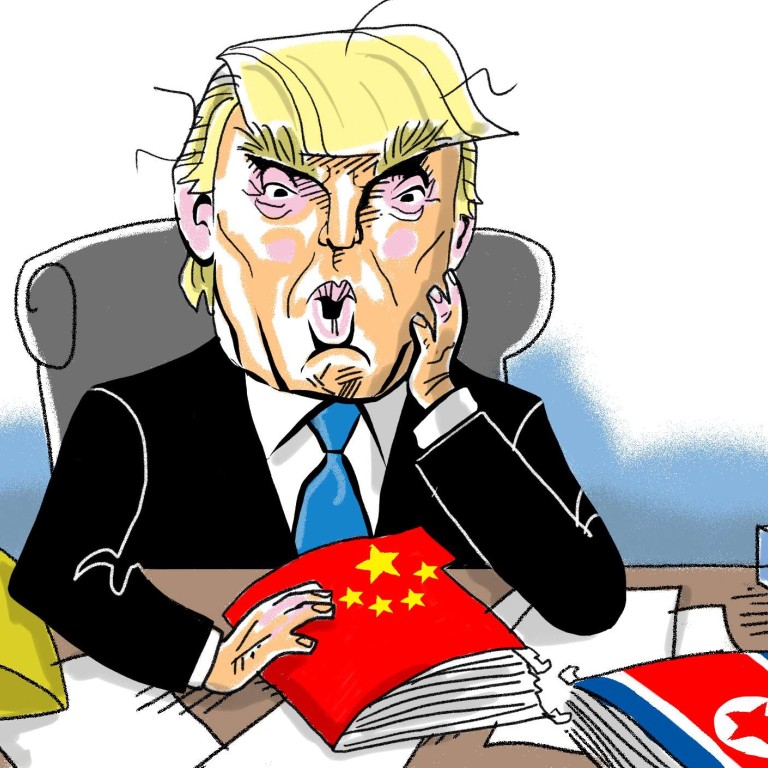
100-day record of Donald Trump’s imagination is a far cry from the reality
Douglas Paal says making so much of what he would achieve in his first 100 days in office has turned out to be an embarrassing mistake for the US president
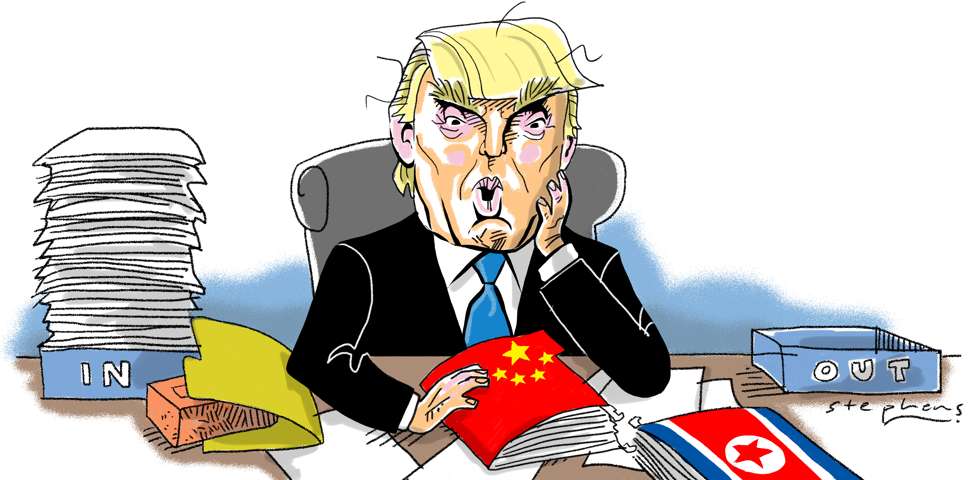
Trump, approaching 100 days, says it’s been ‘a different kind of presidency’
Second, despite desperate repetition that he is driving the agenda with the priorities he laid out in his campaign, he is plainly falling way behind schedule in the key function that will give his disruptive agenda a chance: staffing his administration with a range of competent and knowledgeable officials.
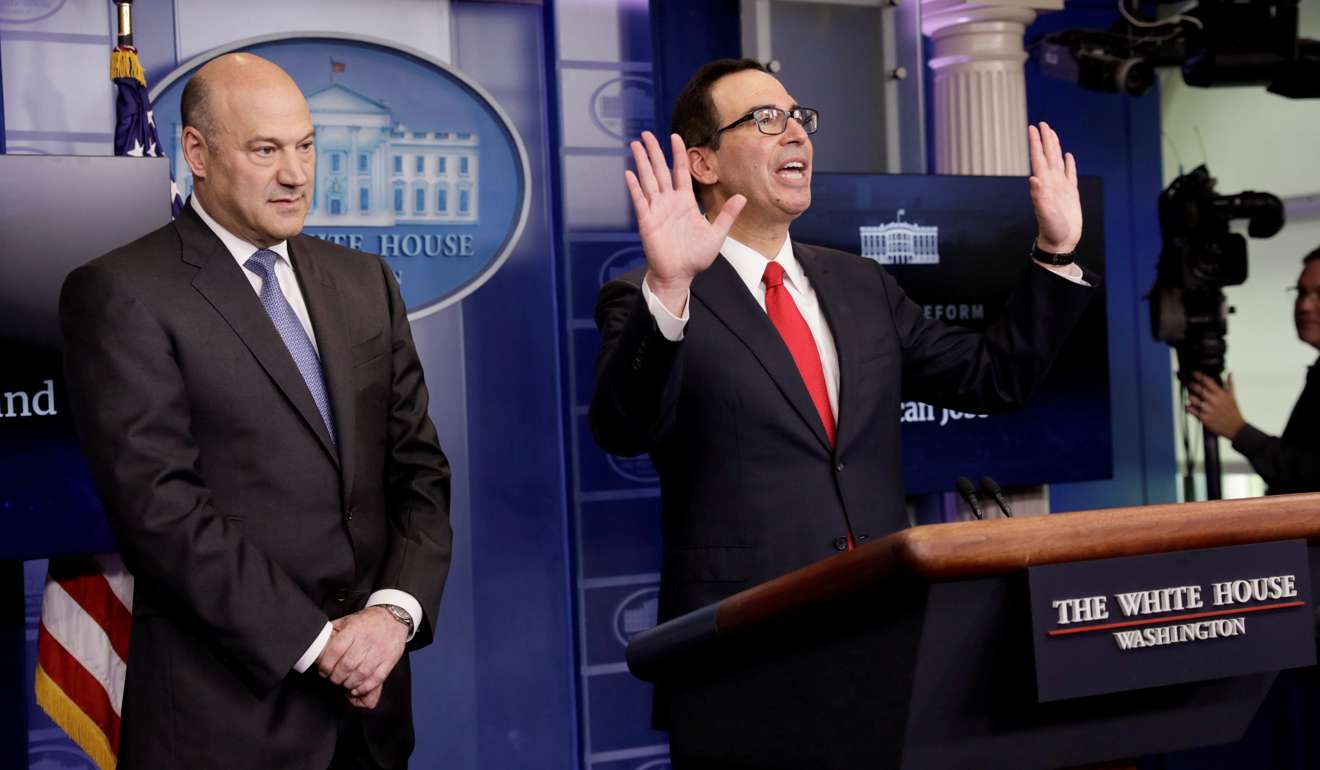
Deciphering Trump’s tax-cut plan: only 200 words and seven numbers, but huge in ambition
But who will do the necessary work in those 100 days? There are literally only a handful of nominees in the confirmation pipeline, which itself usually takes months, to serve in thousands of policy positions subordinate to the concerned cabinet officers. The top cabinet members have worldwide responsibilities and demanding schedules and cannot be expected to do competent detailed negotiations.
Career non-political officials can stand in for now, but usually lack clear instructions, and are left to infer their guidance from the public pronouncements of their bosses.
It is a sound general rule not to tie trade and economic issues tightly to national security outcomes
In the process, Trump doubled down on his bet that China will do the job for him, combining inducements such as relief from American trade sanctions against China with probably overblown threats of destabilising military action against the North.
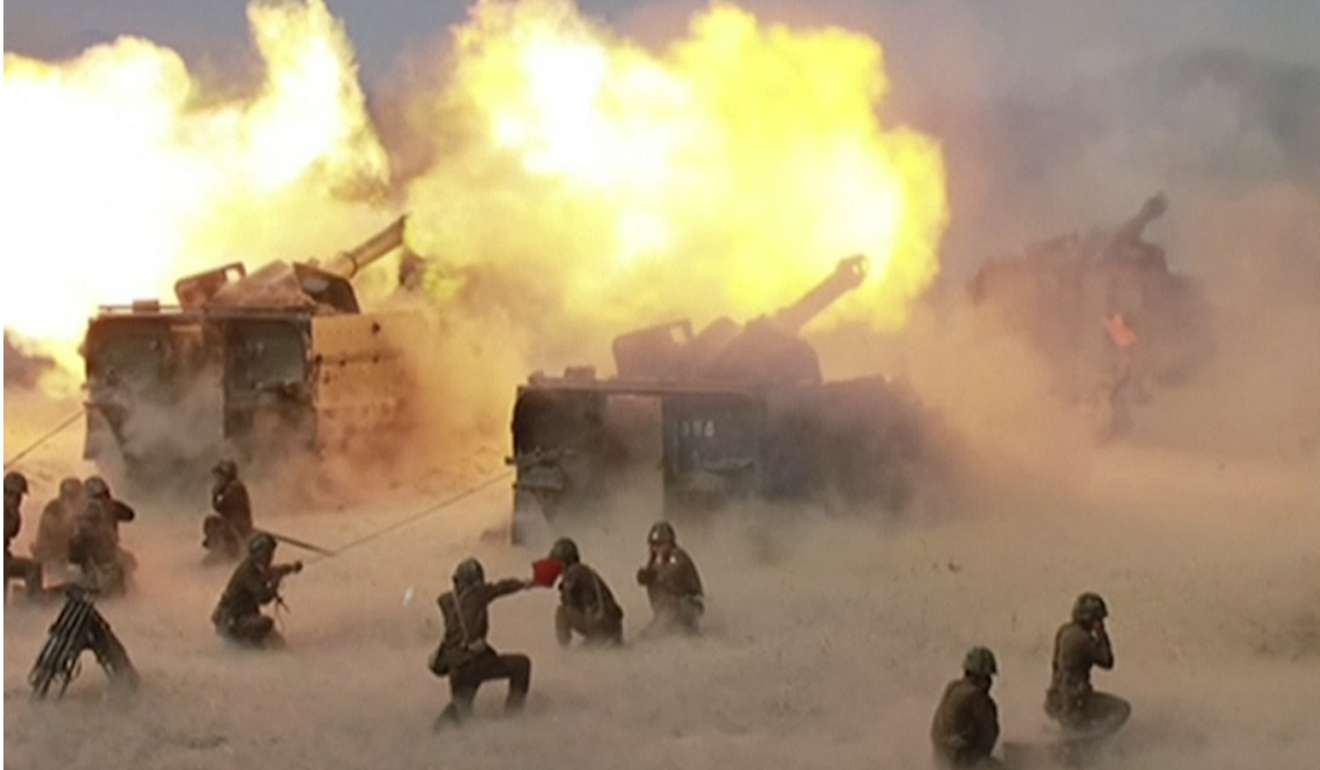
If, in the end, China clearly squeezes the North – as it seems to be doing – but not enough to threaten the regime, Trump will have tough choices: take military action that could put at risk the populations of South Korea and Japan; climb down from demanding that North Korea denuclearise and seek instead to cap its programmes; and following through or climbing down on his economic threats against China. That is a heck of a roll of the dice on such consequential issues. It suggests improvisation and not strategy, nor forethought about the bad options North Korea offers.
Can Trump do anything to stop a war with North Korea?
Moreover, if it comes to increasing pressure on Beijing, authoritarian China is far better equipped to deal with Trump on economic and trade issues than the democratic US. On the positive side, if Trump needs Beijing to buy more American products, invest in the US, or restrain exports, they are well within Xi’s executive capacity.
On the negative, if Trump cites China for unfair market access, enacts countervailing duties for dumping products, and imposes tariffs to counter subsidies, Xi can respond tit for tat. This, by the way, is a good example of why it is a sound general rule not to tie trade and economic issues tightly to national security outcomes. They are apples and oranges.
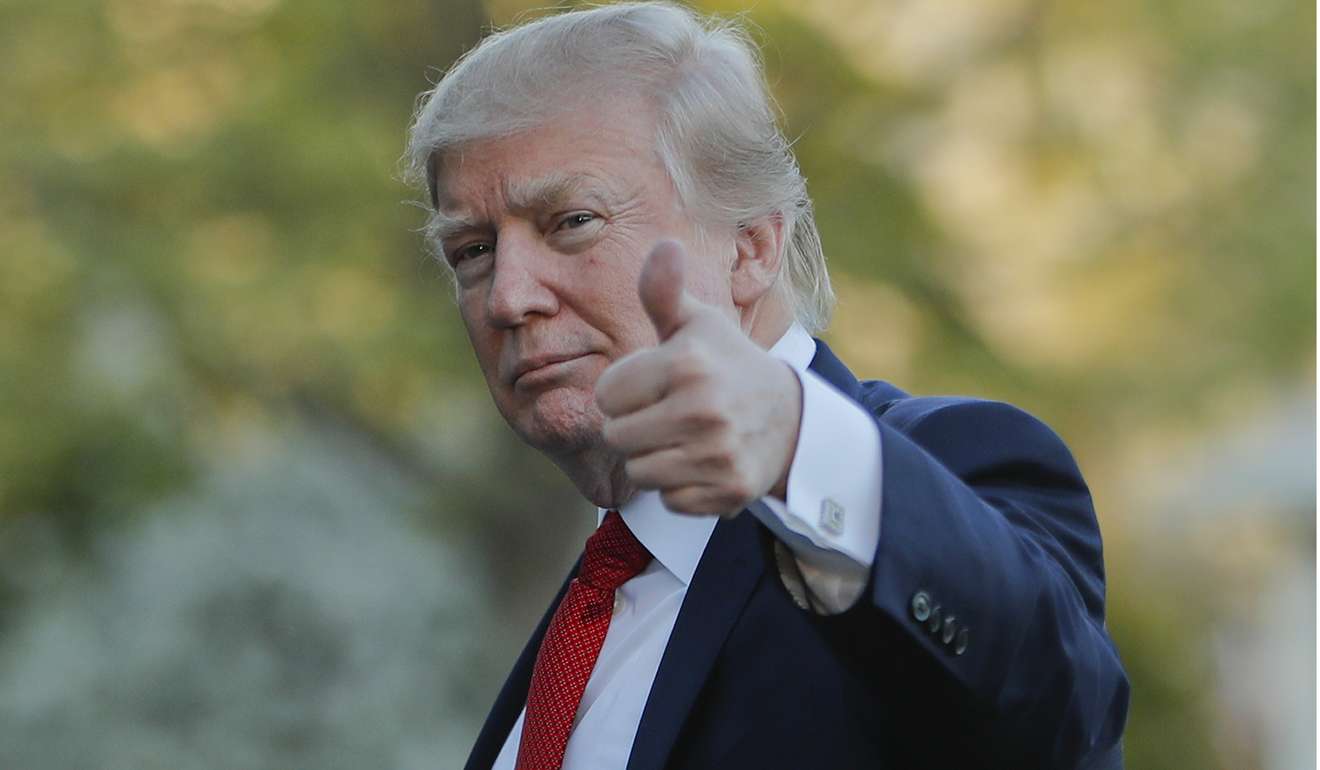
Donald Trump was right to strike the Syrian regime. Now what?
But one can be sure that Beijing has also noticed that despite the promises of change, Washington remains mired in Middle East conflicts that sap American strength that might be redirected at China. The overwhelming tilt among national security cabinet officers towards military men with backgrounds almost exclusively in the Middle East, mostly in protracted and losing conflicts, will reinforce this perception. So, too, will the continued failure to appoint senior officials with real experience and knowledge of Asia or even experience in diplomacy.
Douglas H. Paal is vice-president for studies and director of the Asia Programme at the Carnegie Endowment for International Peace

